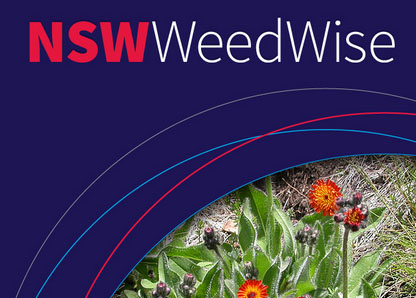Good land management can play a major role in reducing the incidence and impact of weeds on a property. The initial increase in cost of better management will be compensated for by the reduced amount of weed control required.
Management strategies such as maintenance of pastures or desirable ground covers, reducing disturbances and tillage, management of nutrient run-offs, grazing management, early weed identification and good weed hygiene can all reduce weed problems.
This article details the Pastoral improvement methods available
Grazing management
Competitive, desirable pasture species can be an effective weed control method. Stocking rates should be set at appropriate levels so as not to cause overgrazing which will allow weeds to establish.
Pasture management
A vigorous pasture competes more effectively with weeds and has the added benefits of increased production. Weeds can be controlled in a pasture situation by either improving the existing pasture or removing it and replacing it with a more suitable or competitive species. Pastures can be improved by adding fertilisers and lime according to soil test results, and the use of a selective herbicide may be required to further suppress weed competition.
Crop managment
Sound crop rotations can also minimise weed problems. Crop rotations help control diseases and insects and help build up soil fertility and structure to produce increasing yields. Increased fertility reduces the impact of weeds, and rotating crops can break the seeding and germinating cycle of the weeds.
Weed hygiene
All weed control methods are of little use if good weed hygiene is not practised. This includes sowing only weed-free seed, cleaning machinery, and removing sources of reinfestation around a control site.
New livestock being introduced to a property should be quarantined for several days so any potential weed seeds can pass through their systems in a known area and be treated later.
Weed identification
Early identification and awareness of potential new weed problems will reduce the impact of weeds and save the property manager time and money. If a potential weed is identified in the early stages of infestation, it will be a lot easier and more economical to eradicate.


